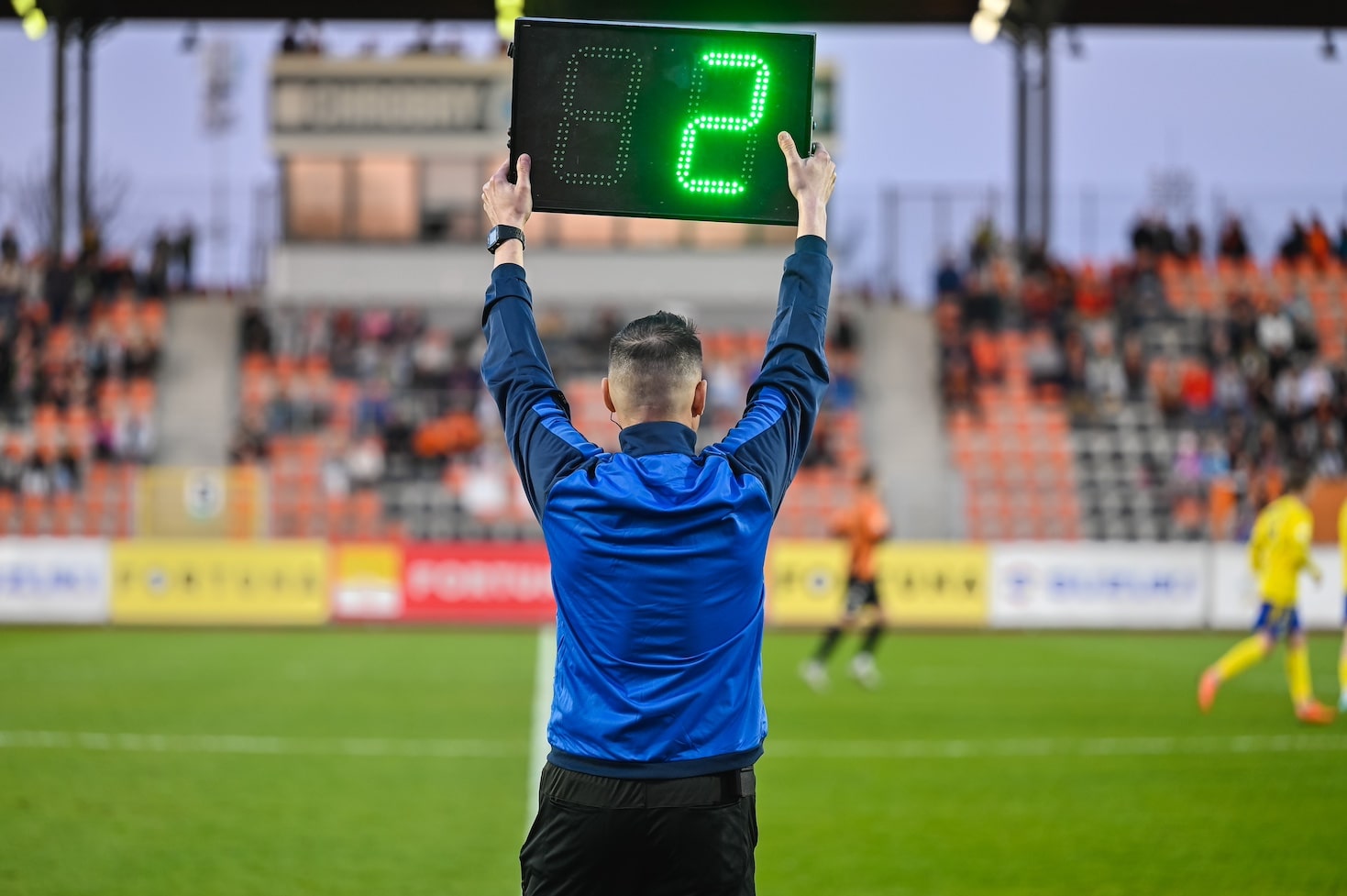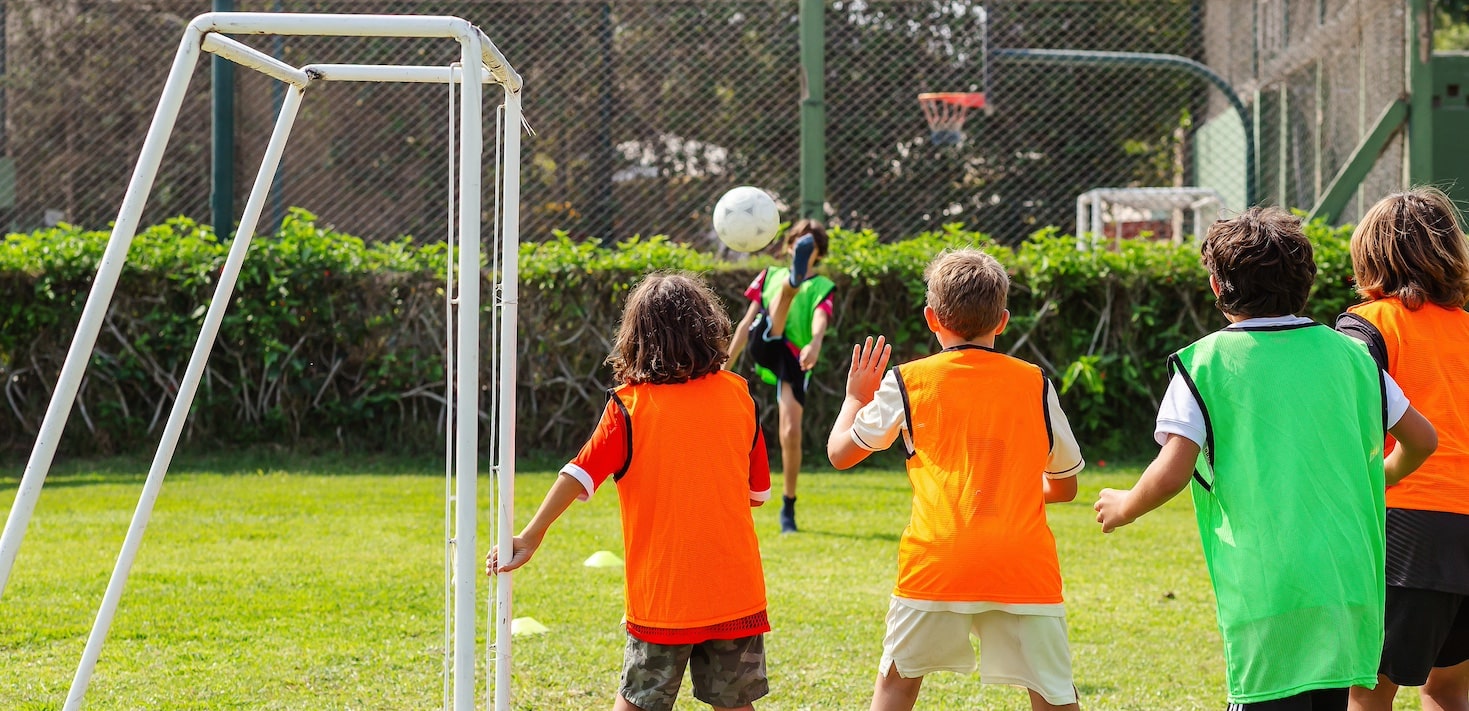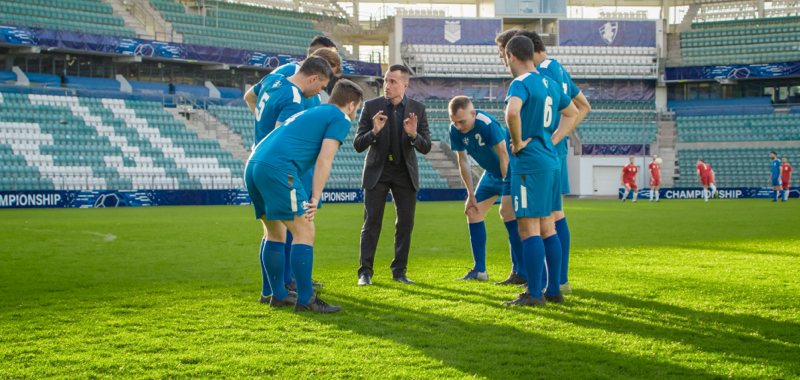The Standard Length of a Soccer Game
A standard professional soccer game lasts 90 minutes, divided into two halves of 45 minutes each. There is a 15-minute halftime break, giving players a chance to rest and strategize for the second half. This 90-minute format is used in most professional leagues around the world, including the English Premier League, La Liga, and the UEFA Champions League.
Extra Time and Added Time
In addition to the regular 90 minutes, soccer games often include added time, also known as stoppage time, and sometimes extra time, depending on the match's context. Added time is tacked on at the end of each half to account for stoppages in play, such as injuries, substitutions, or time-wasting. The referee determines the amount of added time, typically ranging from one to five minutes.
Extra time comes into play during knockout stages of tournaments when a winner must be decided. If the score is tied at the end of regular time, two 15-minute halves of extra time are played. If the tie persists, the match proceeds to a penalty shootout to determine the winner.
Youth and Amateur Soccer Game Durations
While professional games adhere to the 90-minute rule, youth and amateur soccer match durations vary by age group and league. For example, younger age groups often play shorter matches to accommodate their stamina and development levels. Here's a general breakdown:
- Under 6 to Under 8: Two halves of 20 minutes each
- Under 9 to Under 10: Two halves of 25 minutes each
- Under 11 to Under 12: Two halves of 30 minutes each
- Under 13 to Under 14: Two halves of 35 minutes each
- Under 15 to Under 16: Two halves of 40 minutes each
- Under 17 and older: Two halves of 45 minutes each
Amateur leagues for adults may stick to the 90-minute format, but variations can occur depending on the league's rules.
Historical Moments Influenced by Game Duration
The duration of a soccer game can dramatically influence its outcome, and some historical moments highlight this impact. One of the most famous examples is the 1999 UEFA Champions League Final between Manchester United and Bayern Munich. Bayern led 1-0 until the 90th minute, but Manchester United scored two goals in added time, securing a dramatic victory.
Another memorable instance is the 2014 World Cup match between Brazil and Germany. While the game's duration remained standard, the extraordinary 7-1 victory by Germany within regular time remains one of the most shocking and talked-about moments in soccer history.


Improve Your GameJust 1.99 p/m
Exclusive drills and sessions, get involved today!
- 100’s of Drills
- Coach to Camera Videos
- Sessions from Pro’s
- Industry Leading Advice
Understanding the length of a soccer game is crucial for players, coaches, and fans alike. From the standard 90 minutes to the potential for added and extra time, each minute can be packed with excitement and strategy. Whether you're watching a professional match or a youth game, knowing the structure of game time enhances your appreciation of the sport's dynamic nature.







Cupello
Rethinking soccer coaching via our industry leading tools. Built to offer effective coaching development solutions for players and coaches of all levels.